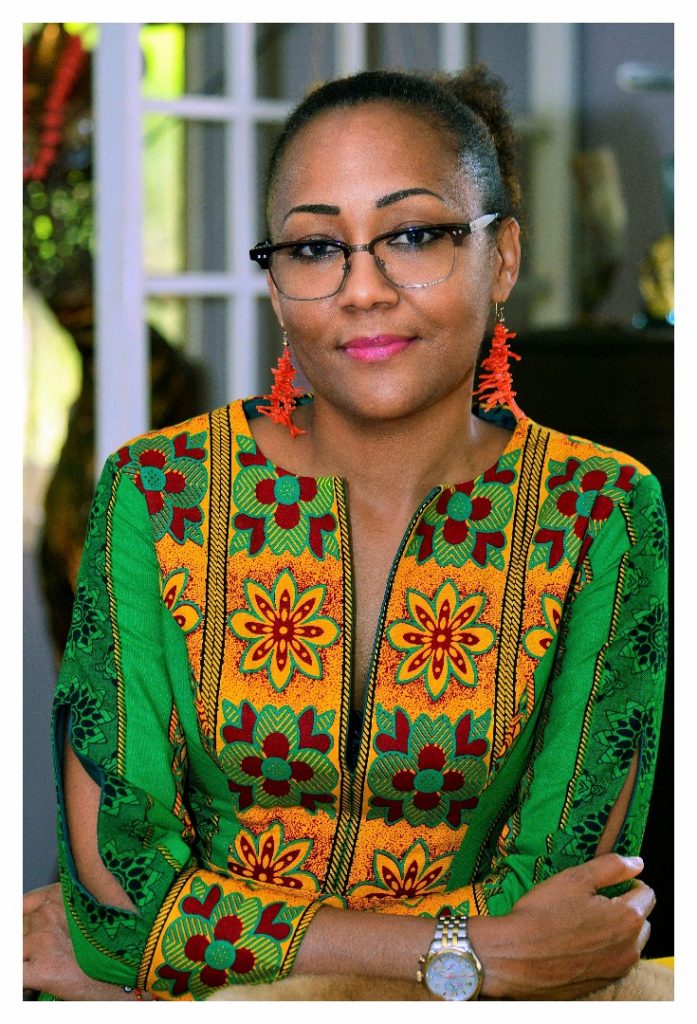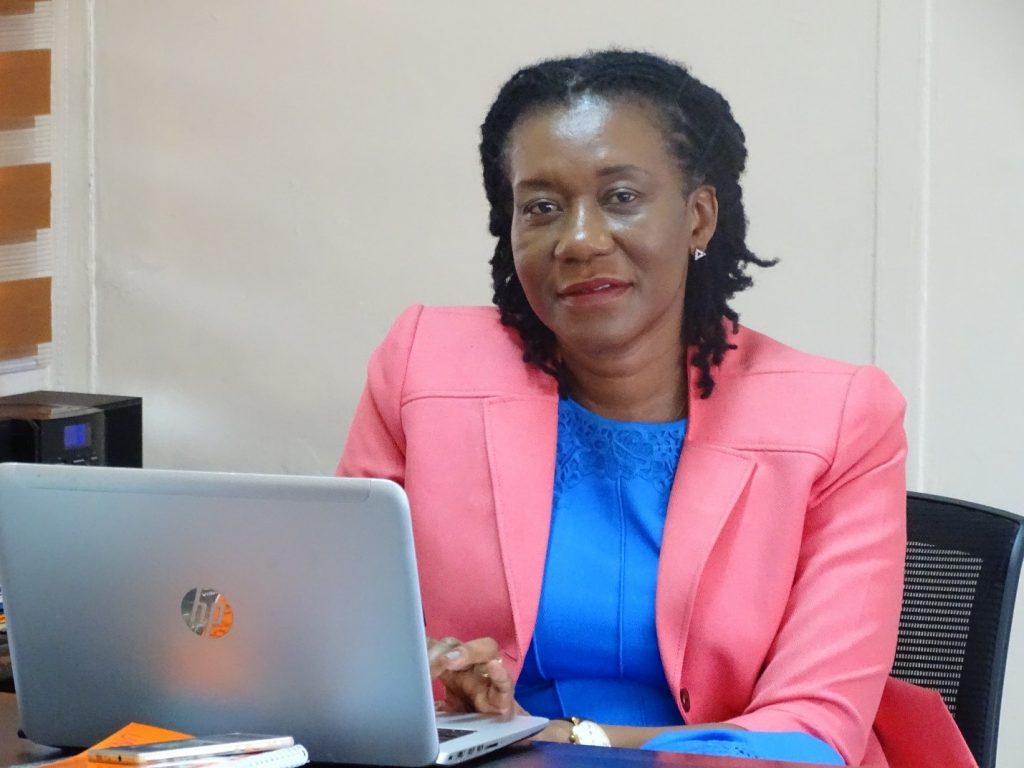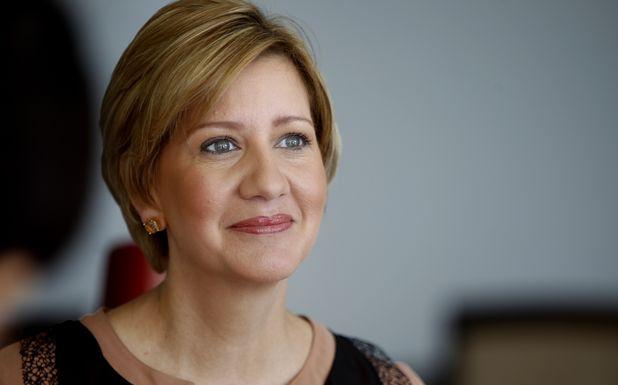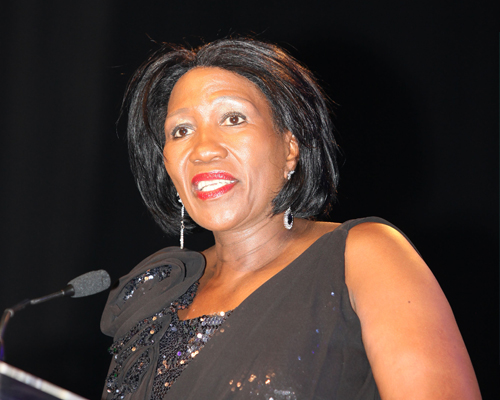Felicia Twumasi, CEO, Homefoods Limited, a leading Ghanaian entrepreneur, shares with Amazons Watch Magazine, in an exclusive interview, her inspiring entrepreneurship journey- from a big dream at a tabletop in a kitchen in 1995 to a high-scale ethnic food processing and packaging company, with a distribution network across The United Kingdom, Italy, Switzerland, North America and West Africa, and export sales increasing into multi-million dollars per annum. However, it is interesting to note that this successful businesswoman faced quite a number of challenges along this journey, other than racial and gender discrimination. Excerpt:
Ibiene Ogolo: Addressing Nigeria’s Housing Deficit
Available statistics on Nigeria’s housing shortage is worrisome. With a population of about 180 million, an annual population growth rate of 2.8 per cent and an annual urban population growth rate of 4.7 per cent, influential data estimate the country’s housing deficit at over 17million.
I thrive in a Male-dominated industry with Confidence and Passion – Mrs. Happy Dzitse
Though women, world over, have remain vastly underrepresented at every level in key sectors of the economy, facing diverse challenges working in male-dominated industries, this significant gender divide have however not stopped Mrs. Happy Dzitse, Managing Director, McOttley Capital Limited in her determination to succeed in the fast-paced and dynamic male-dominated financial services sector.
Africa’s Greatest Problem Is High Growth Rate and Population Momentum – Dr. Leticia Appiah
Africa’s population was put at 1.2 billion people in 2016, placing the continent of 54 nations as the second most populous in the world. Over the last year, the continent’s population recorded an increase of 30 million. By the year 2050, annual increases are projected to be more than 42 million people per year, with a total doubled the population of 2.4 billion, according to the UN.
H.E. Demitu Hambissa: Enabling Strategic Visions towards Women Empowerment
The livelihood of women in every society is highly important given the sensitivity of women-related issues. Developing nations of the world, have deemed it fit not only to take these issues seriously but also to scale up the chances of gender equality which has become pivotal in the advocacy for developmental sustainability of world economies.
Transforming Lives Through the Lenses of Journalistic Principles
The Republic of Panama has been all too fortunate to have a uniquely built knack for humanitarian serve. Though with a journalistic background, she has found the perfect mid-point to marry the tenets of her profession with her duties as the first lady of the Republic of Panama by employing unique principles.
A Woman Must Be Well Educated to have Equal Opportunity- Dr. Magau
In line with achieving equal opportunity for women in the world, it is important to note that this may never be possible if women are not well educated. A number of discussions by business experts and top government officials have revealed that in some cases, there are no qualified women to fill vacant positions. This may not only call for a reevaluation of strategies in the advocacy process, but a change of focus channelled towards emphasizing proper education for women across the world.







